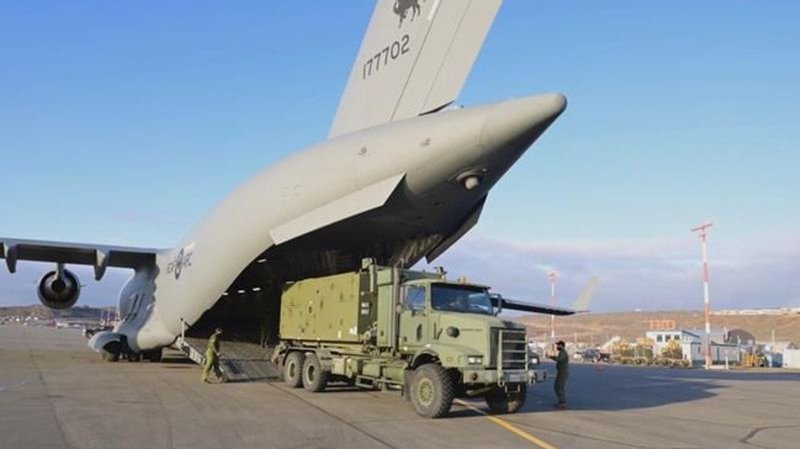
Military arrives in Iqaluit to set up reverse osmosis water purification
IQALUIT, Nunavut — The Canadian Armed Forces says its members have arrived in Nunavut’s capital to assist with the city’s ongoing water emergency.
Prime Minister Justin Trudeau tweeted Friday that he had spoken with Nunavut Premier Joe Savikataaq and the military would be deployed to Iqaluit to co-ordinate and deliver clean drinking water.
Late Saturday, the military tweeted that there are over 20 Canadian Armed Forces members in Iqaluit setting up deployable equipment for reverse osmosis water purification.
Iqaluit’s 8,000 residents haven’t been able to consume tainted tap water for nearly two weeks after fuel was found in samples.


